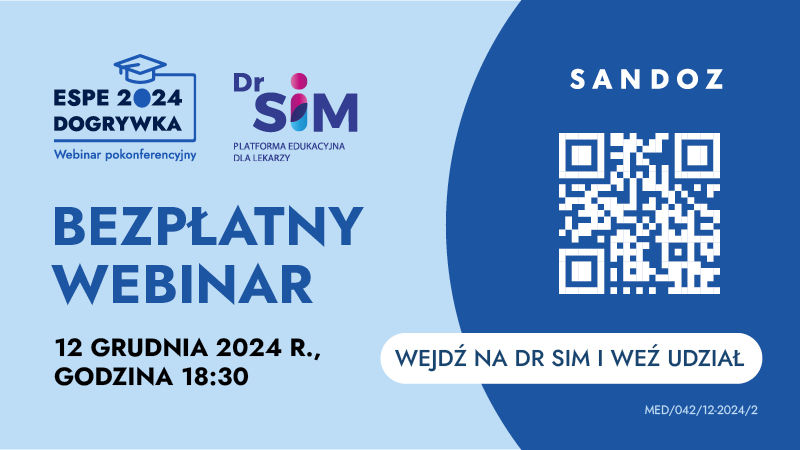The effects of steroid therapy on the cardiovascular system
Anna Otlewska1, Grzegorz Szpotowicz2, Paweł Hackemer3
 Affiliation and address for correspondence
Affiliation and address for correspondenceGlucocorticoids are widely used as anti-inflammatory, antiproliferative and immunosuppressive agents in many diseases. Their use is often long-term, which is associated with the risk of adverse effects from various systems. In this paper, we pay particular attention to the effects of steroid therapy on cardiovascular diseases as long-term steroid therapy increases the risk of cardiovascular death. The risk of complications depends on the dose and therapy duration. Complications may also occur when steroids are used locally. According to literature data, glucocorticoids may contribute to the development of hypertension, myocardial ischaemia, heart failure and, according to some studies, stroke. The use of steroid therapy can lead to the development of disorders that are part of the metabolic syndrome. The pathogenesis includes the effects of glucocorticoids on the renin–angiotensin–aldosterone system, the autonomic system, stimulation of the mineralocorticoid receptor, and effects on the synthesis of factors regulating the width of blood vessels. Other disorders that may develop in the course of this therapy include osteoporosis, myopathy, electrolyte and metabolic disorders. However, it is difficult to determine to what extent the complications are caused by the therapy itself and to what extent by the treated disease. It is also worth noting about the negative impact of anabolic steroids, the use of which is usually not a part of therapy.








